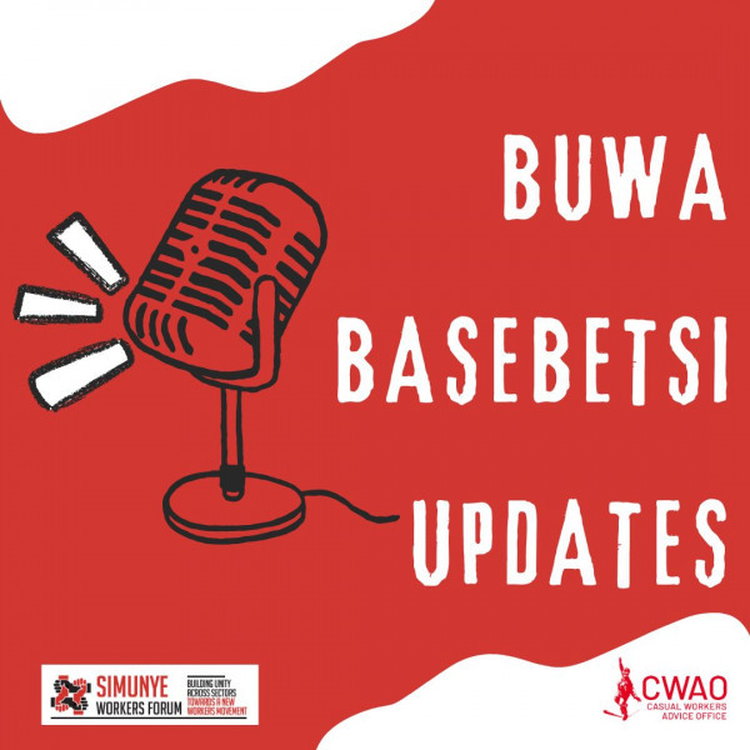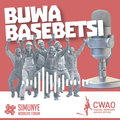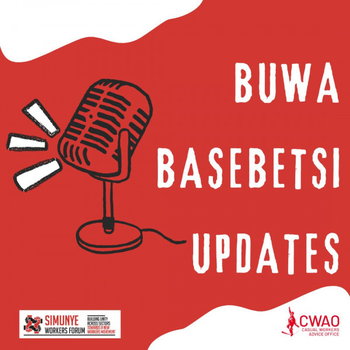
Press Release: New Minimum Wage
Loading player...
CWAO Press Release: The national minimum wage entrenches Apartheid’s cheap Black labour
The national minimum wage entrenches Apartheid’s cheap Black labour - the working class does not need to know the food poverty line, the lower-bound poverty line or the upper-bound poverty line to know that it is starving.
For comment/interviews: CWAO Organiser Sydney Moshoaliba on 072 550 4550.
The 1 March increase in the national minimum wage from R25.42 to R27.45 has been hailed in many quarters, most particularly by Cosatu. This alone should make us suspicious, given the federation’s consistently anti-worker politics.
Any increase in workers’ wages is to be welcomed. But it is necessary to remind ourselves of where the national minimum wage comes from and what it’s real effect has been on workers and the working class. The National Minimum Wage Act came into effect in January 2019 with only an hourly minimum wage of R20, despite the earlier talk of it also including a R3500 monthly minimum wage. The argument in support of the very low hourly rate was that it would help lift over three million workers out of poverty. It would also serve as a basis for collective bargaining – in other words, workers could mobilise and bargain for an even higher minimum wage.
For the full press release, please follow this link: https://www.cwao.org.za/news-article.asp?ID=359
The national minimum wage entrenches Apartheid’s cheap Black labour - the working class does not need to know the food poverty line, the lower-bound poverty line or the upper-bound poverty line to know that it is starving.
For comment/interviews: CWAO Organiser Sydney Moshoaliba on 072 550 4550.
The 1 March increase in the national minimum wage from R25.42 to R27.45 has been hailed in many quarters, most particularly by Cosatu. This alone should make us suspicious, given the federation’s consistently anti-worker politics.
Any increase in workers’ wages is to be welcomed. But it is necessary to remind ourselves of where the national minimum wage comes from and what it’s real effect has been on workers and the working class. The National Minimum Wage Act came into effect in January 2019 with only an hourly minimum wage of R20, despite the earlier talk of it also including a R3500 monthly minimum wage. The argument in support of the very low hourly rate was that it would help lift over three million workers out of poverty. It would also serve as a basis for collective bargaining – in other words, workers could mobilise and bargain for an even higher minimum wage.
For the full press release, please follow this link: https://www.cwao.org.za/news-article.asp?ID=359

